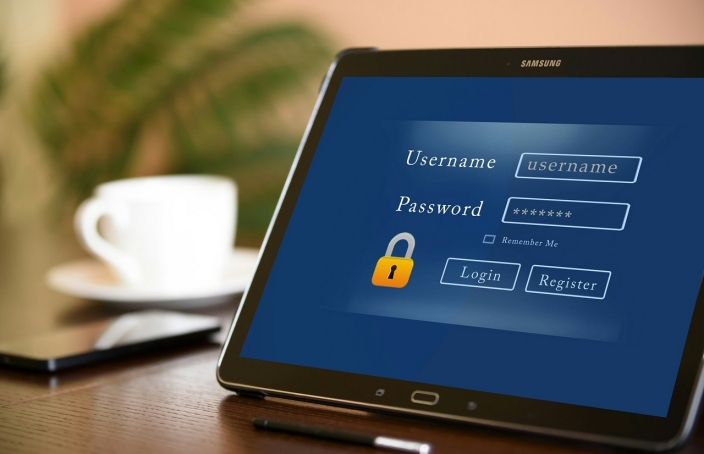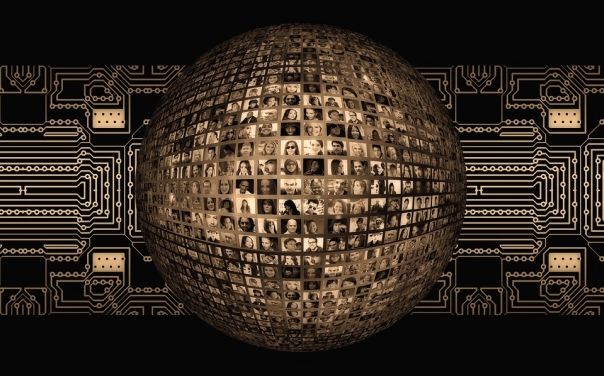Is it possible to transition from polluting energy sources to fully “green” energy in a short time?
A short answer: “Yes, it is!”
However, the first and most crucial step is to address a significant obstacle: the influence of corrupt government and corporate officials. Without removing their interference, we risk undoing progress and returning to square one.
What is “Green” Energy?
- Hydroelectric dams
- Solar energy
- Wind energy
- Ocean wave and tidal energy
- Nuclear energy (with the challenge of managing nuclear waste)
- Electric vehicles (EVs) and their batteries connected to the grid
- …and more.
Today, let’s focus on three of the most accessible and economical options:
- Solar energy (including new all-in-one advanced solar panels: electricity – day/night – and heating)
- Home wind energy
- Electric vehicles (EVs)
These technologies are relatively straightforward to implement, cost-effective, and have the potential to make a significant impact.
For new construction and renovation projects, governments should mandate the integration of green energy technologies. In many countries, regulations already require property owners to connect to public utilities, ensuring access to shared resources for reasons like hygiene and community solidarity.
Why not extend this principle to green energy systems? By connecting renewable energy setups – such as solar panels and home wind turbines – to the public grid, homeowners could sell their surplus energy to those in need. This would lower energy tariffs, phase out polluting generators, and drive widespread adoption.
To realize this vision, governments must enact supportive legislation, such as offering tax rebates for green energy and passive housing investments. In the long term, this approach benefits everyone – a win-win:
- Governments save on public health expenditures, also alleviating the burden on medical professionals, reduce national debt, and cut pollution control costs.
- Companies can innovate and thrive in a green economy, even producing energy solutions locally.
- Private citizens save on energy costs and can profit from selling surplus energy.
Furthermore, surplus national funds could be reinvested in underserved rural areas, improving living standards and fostering social equity.
China has already made significant strides in green energy adoption and other areas of public life, although there’s still room for improvement. They’ve addressed corruption – a pervasive issue worldwide – by implementing reforms. Citizens globally must demand greater transparency from their governments to eradicate corruption, which would unlock resources to fund these transitions. Believe it or not, this would significantly improve lives economically and socially.
With reduced corruption and proper governance, we could see tax incentives and green energy adoption flourish within the next 10 years or, at most, a generation.
In the end, everyone wins:
- Healthier environments
- Stronger economies
- A better quality of life for all
This concept draws inspiration from EVA Smart City (2016), a visionary project decades ahead of its time – up to 30 years more advanced than any modern city. It became a benchmark, embraced by forward-thinking corporations, universities, and communities in several countries, showcasing the transformative power of innovation and collaboration in building sustainable futures.
What’s your take on this? Does it sound utopic? Think twice before dismissing it as mere utopia!
After all, many once considered EVA Smart City a dream too, yet it was successfully adopted – until the pandemic temporarily brought it to a halt. Now, I’m planning to repurpose it as a foundation for educating young, aspiring technologists and scientists through an NGO. This initiative will inspire them to transform visionary ideas into reality, focusing on areas like cybersecurity, mechatronics, IoT, and beyond.
Disclaimer:
Any past, present, or future publications regarding the concepts, designs, or intellectual property related to EVA Smart City are solely the creation and intellectual property of Vasco F. Gonçalves. Unauthorized use, reproduction, or adaptation of these concepts in any form is strictly prohibited without prior written consent from the author.



